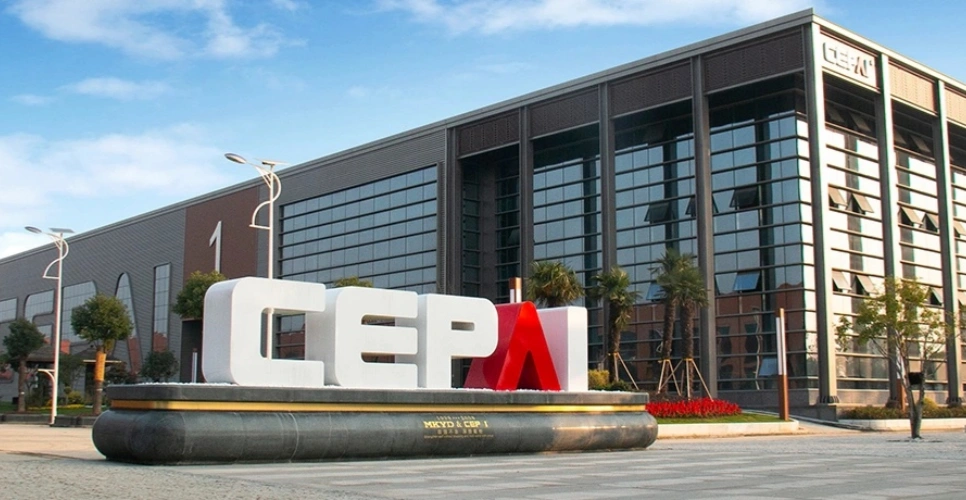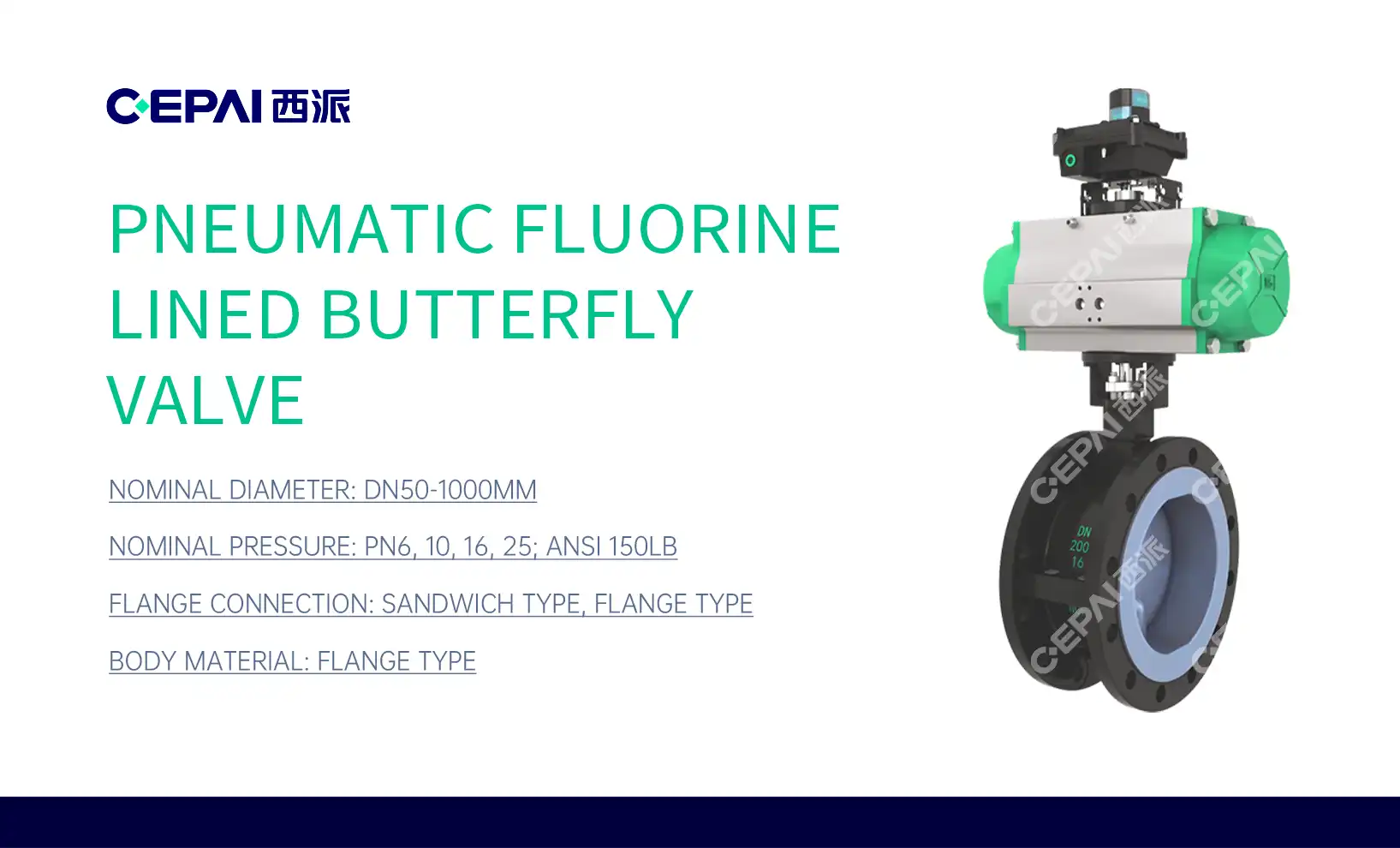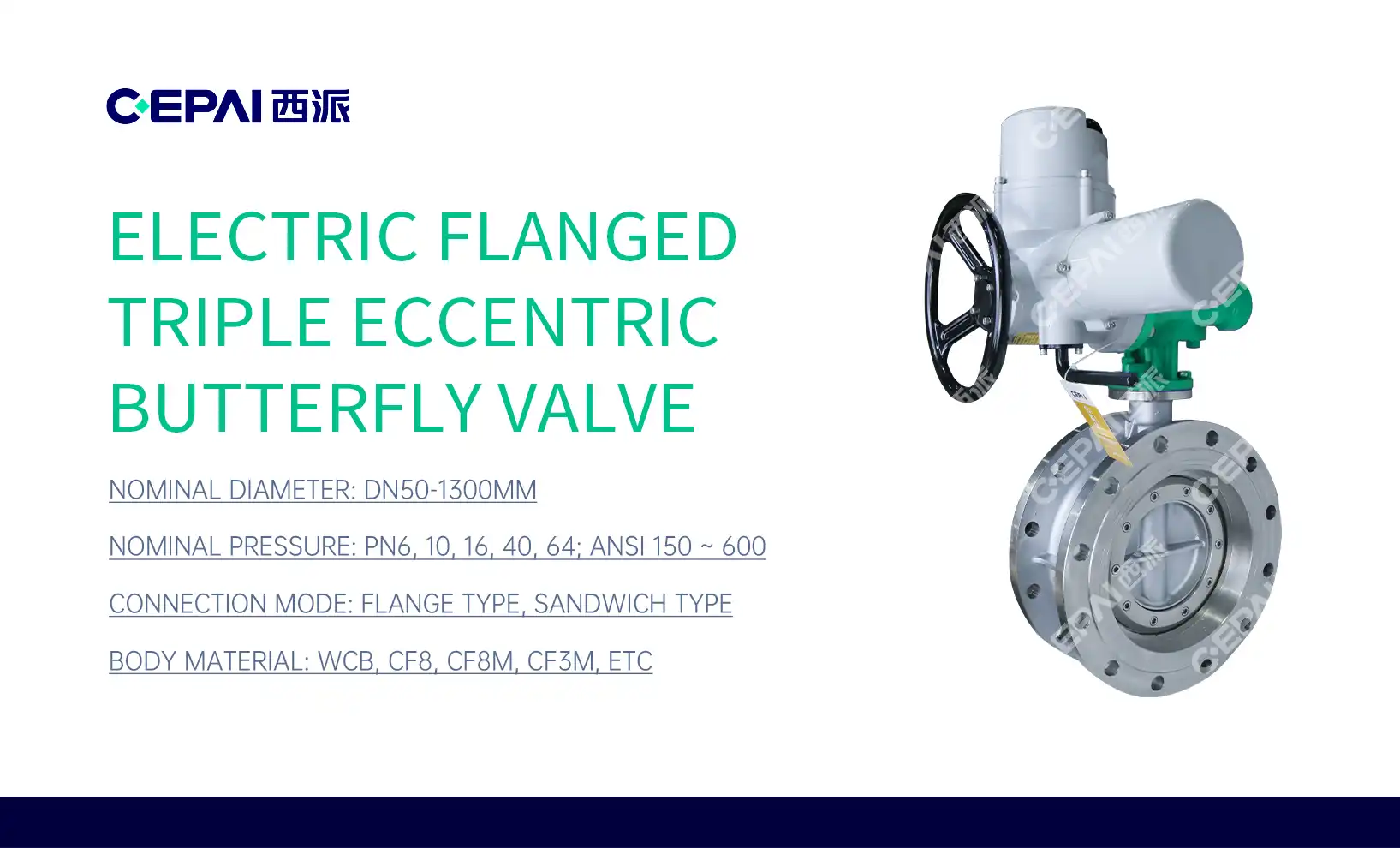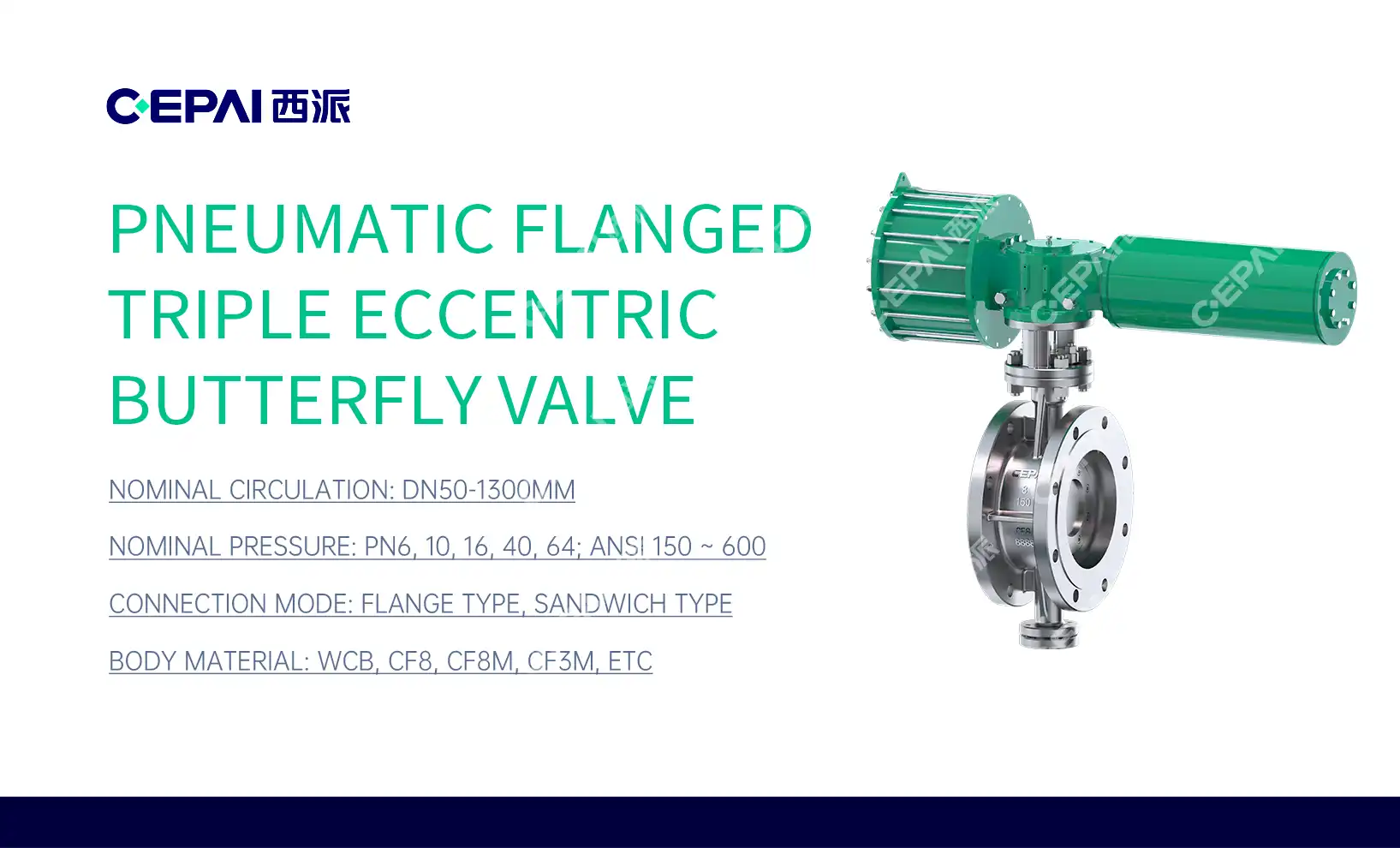Essential Certifications for Valves in Petrochemical and Power Industries
API Certifications: Cornerstone of Valve Quality Assurance
API certifications stand as the gold standard for valves used in petrochemical and power plants. These certifications encompass a wide range of valve types and applications, ensuring that each component meets rigorous industry standards. For instance, API 6D certification applies specifically to pipeline valves, covering aspects such as design, manufacturing, testing, and documentation. This certification is crucial for valves that control the flow of hydrocarbons in pipelines, ensuring their reliability and safety under high-pressure conditions.
Another key API certification is API 600, which focuses on steel gate valves. These valves are commonly used in petrochemical plants for on-off applications where tight shutoff is essential. The certification ensures that these valves can withstand the harsh chemical environments and extreme temperatures often encountered in petrochemical processes. Similarly, API 609 certification for butterfly valves guarantees their suitability for use in both petrochemical and power plant applications, where they often serve as control valves for regulating flow in large-diameter pipes.
API certifications also extend to specialized valve types. For example, API 526 covers pressure relief valves, which are critical safety devices in both petrochemical and power plants. These valves prevent over-pressurization of systems, protecting equipment and personnel from potentially catastrophic failures. The certification process for these valves is particularly stringent, given their crucial role in plant safety.
ASME Standards: Ensuring Mechanical Integrity
While API certifications focus on industry-specific requirements, ASME standards provide a broader framework for mechanical integrity. ASME B16.34 is particularly relevant for control valves used in high-pressure systems, common in both petrochemical and power plant environments. This standard covers pressure-temperature ratings, materials, dimensions, tolerances, testing, and marking for control valves.
The ASME Boiler and Pressure Vessel Code (BPVC) is another critical certification for control valves in power plants. Section VIII of this code deals with pressure vessels, which often incorporate various types of control valves. Compliance with ASME BPVC ensures that control valves can withstand the high pressures and temperatures encountered in boiler systems and other pressure vessels in power generation facilities.
ASME also provides certifications for specific control valve components. For instance, ASME B16.5 covers pipe flanges and flanged fittings, which are integral to many control valve installations. This standard ensures compatibility and proper sealing between control valves and piping systems, a critical factor in preventing leaks and maintaining system integrity in both petrochemical and power plant applications.
ISO Certifications: Global Quality Assurance
ISO certifications play a vital role in ensuring global quality standards for valves used in petrochemical and power plants. ISO 9001, the international standard for quality management systems, is particularly important. This certification demonstrates that a valve manufacturer has implemented robust quality control processes throughout their production cycle, from design to final testing.
For control valves specifically, ISO 9355 provides guidelines for the design and use of process control valves. This standard ensures that control valves meet the precise requirements for flow regulation in complex petrochemical processes and power generation systems. It covers aspects such as valve characteristics, sizing, and performance testing, all crucial for optimal plant operation.
ISO 15848 is another key certification, focusing on fugitive emissions from valves. This is particularly relevant in petrochemical plants, where preventing the escape of hazardous substances is critical for environmental protection and worker safety. The standard sets strict limits on allowable leakage rates and provides testing methodologies to ensure compliance.
Regional and Specialized Certifications for Valve Applications
European Standards: PED and ATEX
In the European market, the Pressure Equipment Directive (PED) is a mandatory certification for valves used in pressure systems. This directive ensures that pressure equipment, including valves, meets safety requirements for design, manufacture, and conformity assessment. For valves used in petrochemical and power plants within the European Union, PED certification is essential for market access and legal compliance.
ATEX certification is another crucial European standard, specifically for equipment used in potentially explosive atmospheres. In petrochemical plants, where flammable gases and vapors are common, ATEX-certified valves are often required. This certification ensures that the valve design and materials are suitable for use in explosive environments, minimizing the risk of ignition.
The European Norm (EN) standards also play a significant role. For instance, EN 12516 provides specific requirements for the strength of valve bodies, a critical factor in high-pressure and high-temperature applications common in both petrochemical and power plants. Compliance with these standards ensures that valves can withstand the extreme conditions they may encounter in operational settings.
Specialized Certifications for Specific Industries
Certain industries within the petrochemical and power sectors require additional, specialized certifications. For example, in the nuclear power industry, control valves must meet the stringent requirements of ASME Section III, which covers nuclear power plant components. These control valves undergo extensive testing and documentation to ensure their reliability in the critical environment of a nuclear facility.
In the liquefied natural gas (LNG) sector, a subset of the petrochemical industry, control valves often require compliance with standards like BS 6364 for cryogenic service. These certifications ensure that control valves can function reliably at the extremely low temperatures encountered in LNG processing and transportation.
For offshore petrochemical applications, certifications from bodies like DNV GL (Det Norske Veritas Germanischer Lloyd) may be required. These certifications take into account the unique challenges of marine environments, including corrosion resistance and the ability of control valves to withstand severe weather conditions.
Environmental and Safety Certifications
As environmental concerns become increasingly prominent, certifications related to emissions control and environmental protection are gaining importance. For instance, the EPA's (Environmental Protection Agency) LDAR (Leak Detection and Repair) program in the United States sets standards for valve emissions in petrochemical plants. Valves that meet these standards help facilities comply with environmental regulations and reduce their environmental impact.
Safety Integrity Level (SIL) certification is crucial for valves used in safety-critical applications within both petrochemical and power plants. SIL levels, defined by standards like IEC 61508, indicate the reliability of safety-related systems. Control valves and emergency shutdown valves often require SIL certification to ensure they can perform their critical safety functions when needed.
Firesafe certifications, such as API 607 and BS 6755, are essential for valves in high-risk areas of petrochemical plants. These certifications ensure that valves maintain their integrity and functionality even when exposed to extreme heat or fire, providing an additional layer of safety in emergency situations.
Importance of Certification Compliance and Future Trends
Ensuring Compliance and Maintaining Certifications
Compliance with valve certifications is not a one-time achievement but an ongoing process. Manufacturers must regularly undergo audits and recertification processes to maintain their certified status. This continuous evaluation ensures that valves continue to meet the latest standards and incorporate any updates or improvements in safety and performance criteria.
For end-users in petrochemical and power plants, selecting certified valves is just the beginning. Proper installation, maintenance, and periodic testing are crucial to ensure that valves continue to perform as certified throughout their operational life. Many certifications require ongoing documentation and testing, which plants must integrate into their maintenance and quality assurance programs.
Training and education play a vital role in certification compliance. Plant operators, maintenance personnel, and engineers need to be well-versed in the requirements and implications of various valve certifications. This knowledge ensures proper selection, installation, and maintenance of certified valves, maximizing their effectiveness and longevity.
Emerging Trends in Valve Certifications
The landscape of control valve certifications is continually evolving, driven by technological advancements and changing industry needs. One emerging trend is the increasing focus on digital certifications and documentation. Digital platforms are being developed to streamline the certification process, making it easier to verify and track control valve certifications throughout the supply chain.
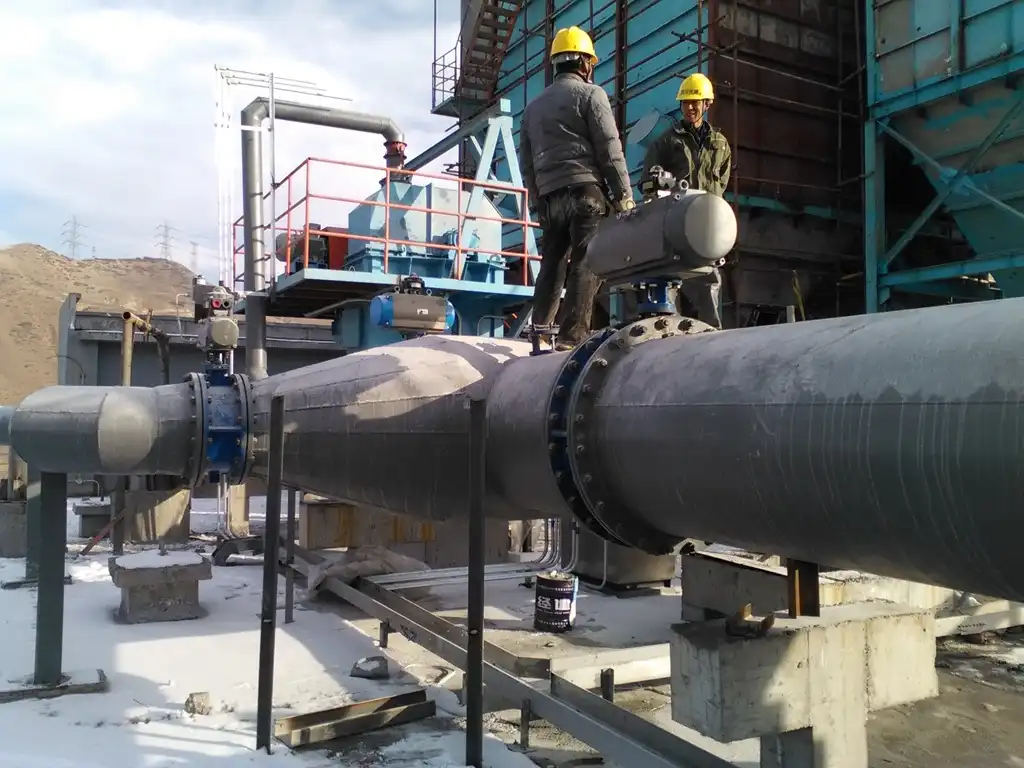
Another trend is the growing emphasis on cybersecurity certifications for smart control valves and control systems. As petrochemical and power plants become more digitally integrated, ensuring the security of control valve control systems against cyber threats is becoming a critical concern. New certifications and standards are being developed to address these emerging risks.
Sustainability is also becoming a key factor in control valve certifications. Future standards may incorporate criteria for energy efficiency, recyclability, and overall environmental impact of control valve production and operation. This aligns with the broader industry trend towards more sustainable and environmentally responsible practices.
Global Harmonization of Standards
There's a growing push towards harmonizing valve certifications globally. While regional standards like PED in Europe or API in North America remain important, efforts are underway to create more unified international standards. This harmonization aims to simplify compliance for global manufacturers and facilitate international trade in valve equipment.
The International Organization for Standardization (ISO) is playing a key role in this harmonization effort. By collaborating with regional standardization bodies, ISO is working to develop comprehensive, globally recognized standards for valves used in petrochemical and power plants. This global approach not only streamlines certification processes but also helps ensure consistent safety and performance standards worldwide.
As the industry moves towards more advanced materials and manufacturing techniques, certifications are also evolving to encompass these innovations. For instance, new standards are being developed for valves made with additive manufacturing (3D printing) techniques, addressing the unique challenges and opportunities presented by these new production methods.
Conclusion
In conclusion, the certifications required for control valves used in petrochemical and power plants are comprehensive and diverse, reflecting the critical nature of these components in ensuring safety, reliability, and efficiency. From API and ASME standards to ISO certifications and specialized regional requirements, these certifications form a robust framework for quality assurance. As the industry continues to evolve, so too will the control valve certification landscape, adapting to new technologies, environmental concerns, and global market dynamics. For manufacturers, operators, and engineers in the petrochemical and power sectors, staying abreast of these control valve certification requirements and trends is essential for maintaining compliance, ensuring safety, and driving innovation in control valve technology.
FAQs
1. Why are certifications important for valves in petrochemical and power plants?
Certifications ensure safety, reliability, and compliance with industry standards. They guarantee that valves can withstand harsh conditions and perform consistently in critical applications.
2. What is the difference between API and ASME certifications?
API certifications are specific to the oil and gas industry, while ASME standards cover broader mechanical engineering aspects, including pressure vessel design and construction.
3. How often do valve certifications need to be renewed?
Renewal frequency varies by certification type, but most require periodic audits and recertification, typically every 3-5 years, to ensure ongoing compliance with updated standards.
Advanced Control Valve Solutions for Petrochemical and Power Industries | CEPAI
CEPAI Group Co., Ltd. is at the forefront of providing advanced control valve solutions for the petrochemical and power industries. Our state-of-the-art manufacturing facility, featuring the longest high-precision intelligent manufacturing flexible production line in the Asia Pacific region, ensures unparalleled quality and precision in our valve products. As a leading control valve manufacturer and supplier, we offer innovative solutions tailored to the stringent requirements of these critical industries. Our products, including specialized control valves, meet all necessary certifications and standards, guaranteeing reliability and performance in demanding applications. For inquiries about our advanced valve solutions, please contact us at cepai@cepai.com.
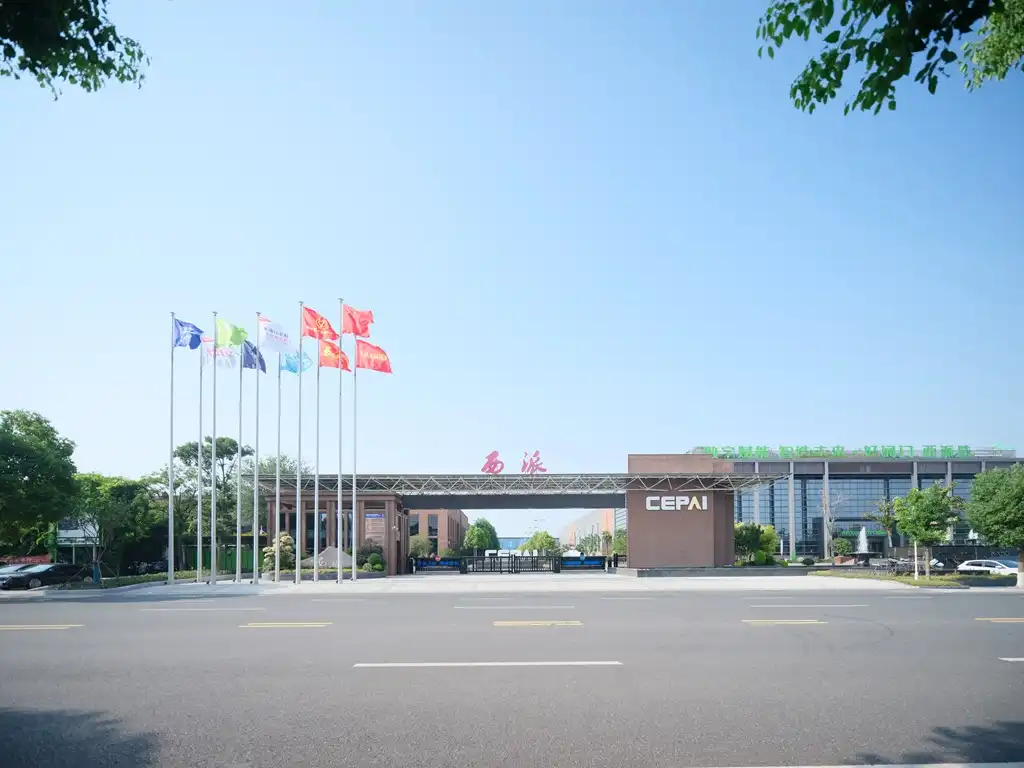
References
American Petroleum Institute (API). "API Standard 6D: Specification for Pipeline and Piping Valves." 24th Edition, August 2014.
American Society of Mechanical Engineers (ASME). "ASME B16.34-2017: Valves - Flanged, Threaded, and Welding End." 2017.
International Organization for Standardization (ISO). "ISO 9001:2015 Quality management systems — Requirements." 2015.
European Committee for Standardization (CEN). "EN 12516-1:2014 Industrial valves. Shell design strength. Tabulation method for steel valve shells." 2014.
Nuclear Regulatory Commission (NRC). "NUREG-1482, Rev. 3: Guidelines for Inservice Testing at Nuclear Power Plants." October 2020.
Det Norske Veritas (DNV). "DNVGL-ST-E201 Offshore and Platform Lifting Appliances." Edition July 2017.


